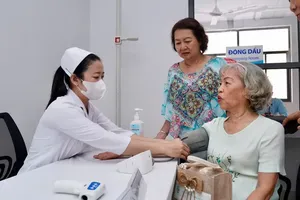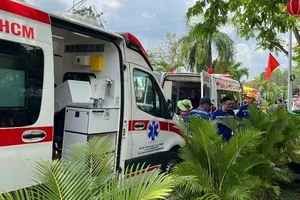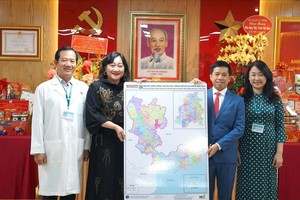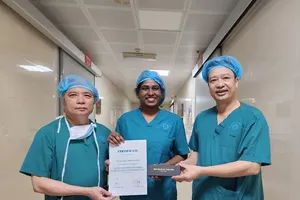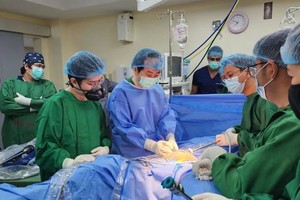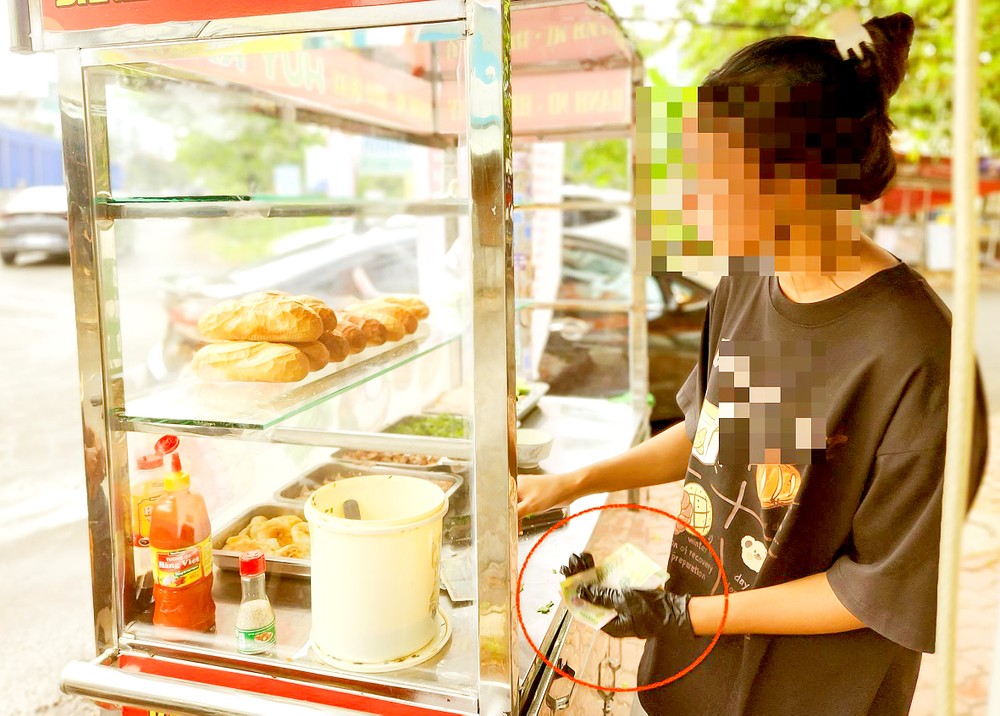
Amidst the ongoing public concern surrounding the Kera vegetable candy counterfeit food scandal, public shock has been further amplified by the Hanoi City Police's discovery of a large-scale counterfeit milk powder production operation at Rance Pharma International Pharmaceutical Joint Stock Company and Hacofood Group Nutrition Pharmaceutical Joint Stock Company.
Investigations reveal that this illicit operation allegedly produced nearly 600 brands of fake and substandard milk powder over the past four years, generating illegal profits exceeding VND500 billion (US$19.36 million).
The investigation agency has revealed that individuals involved in the production of counterfeit milk powder have discarded certain raw materials in favor of adding various additives. As a result, numerous milk powder products have quality indicators falling below 70 percent of the declared standards. Public outrage has intensified, particularly as many of these counterfeit products are marketed as suitable for people with diabetes, kidney failure, premature infants, and pregnant women.
The recent spate of food safety violations and widespread poisoning incidents has left the public feeling increasingly confused and angry about this issue. Even more concerning is the fact that the production and sale of fake, substandard, and unverified food products have persisted for an extended period, yet authorities at all levels have failed to effectively prevent or address the situation.
According to the Ministry of Health, in 2024, there were 135 food poisoning cases nationwide, causing nearly 5,000 people poisoned and 24 deaths. The number of poisoning cases increased by 11 cases and more than 2,677 poisoning victims compared to 2023. This number shows the seriousness of the problem related to food quality.
However, these figures alone do not fully capture the harmful impact of contaminated or unsafe food on human health. Research indicates that Vietnam records over 182,000 new cancer cases and more than 120,000 cancer-related deaths annually, with approximately one-third attributed to dietary factors.
To effectively combat food poisoning and low-quality food, authorities at all levels must adopt a more proactive and consistent approach to inspection and enforcement. This includes intensifying oversight, taking decisive action against violations, ensuring strict penalties, and publicly disclosing offenses—not merely focusing efforts during Food Safety Action Month.
A series of suspected food poisoning incidents has recently occurred in Ho Chi Minh City, adversely affecting the health and well-being of dozens of students. Prolonged hot weather, coupled with low public awareness of food safety, further heightens the risk.
In response to these school-related incidents, local authorities have issued an urgent warning about the increased danger of food poisoning during the hot season. A recurring concern is the widespread consumption of street food, especially from unregulated vendors.
From April to August each year, the risk of food contamination escalates due to sustained high temperatures and humidity—conditions that promote bacterial growth and accelerate food spoilage when proper storage measures are not in place.
